Dating got you down?
Join us on The Sunnyside of love!

Courses, coaching, and community for those in search of love!
Dating sure can be frustrating, but we're here to help! Check out our offerings below!
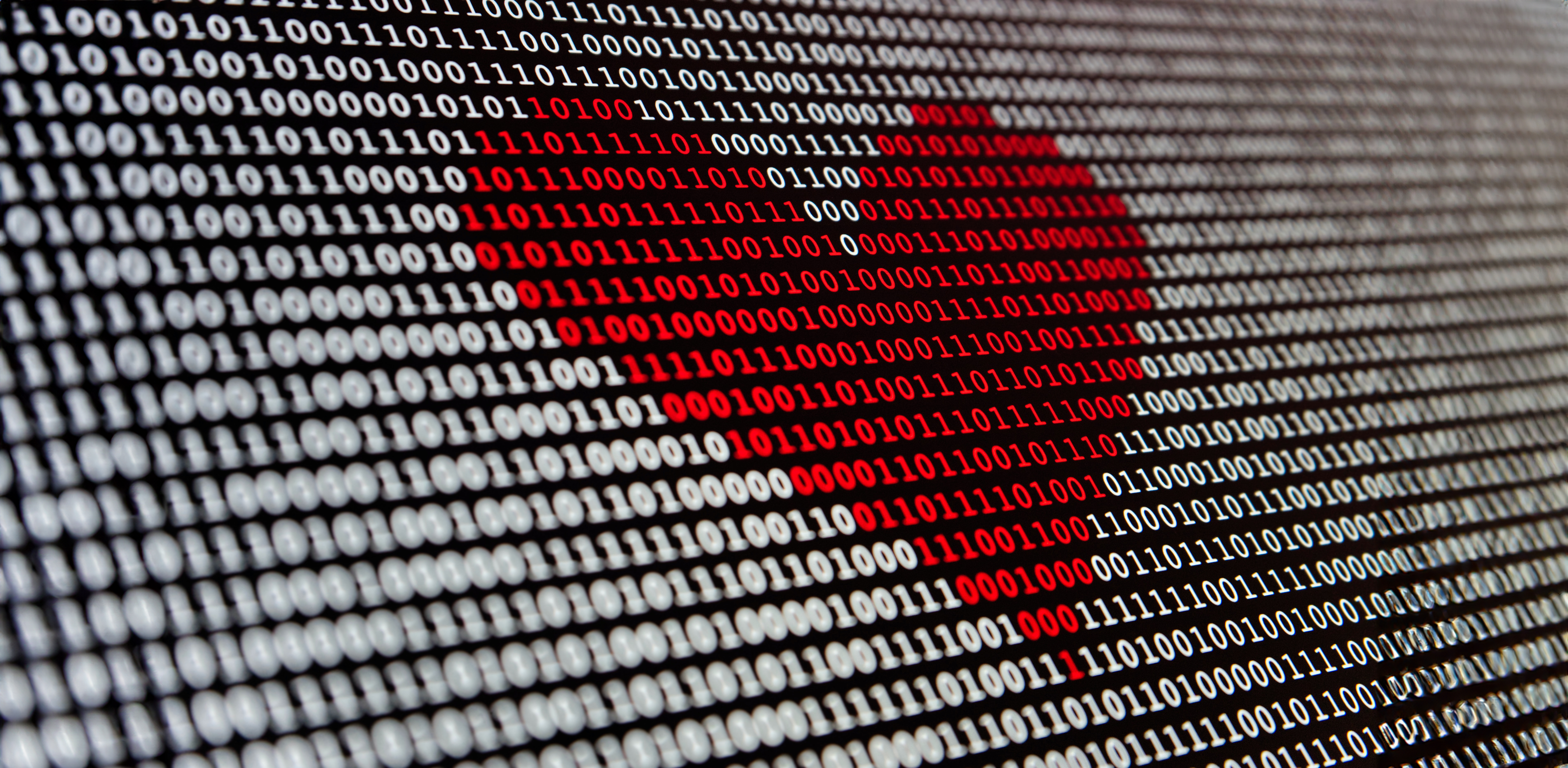
Courses
Currently, we primarily offer courses for singles, polyamorous folks, or those in early relationships (basically, those who are actively "dating"). Check out our current roster of courses!
Looking for more relationship-oriented courses? We do have things in the works so sign up to be notified about future course launches!
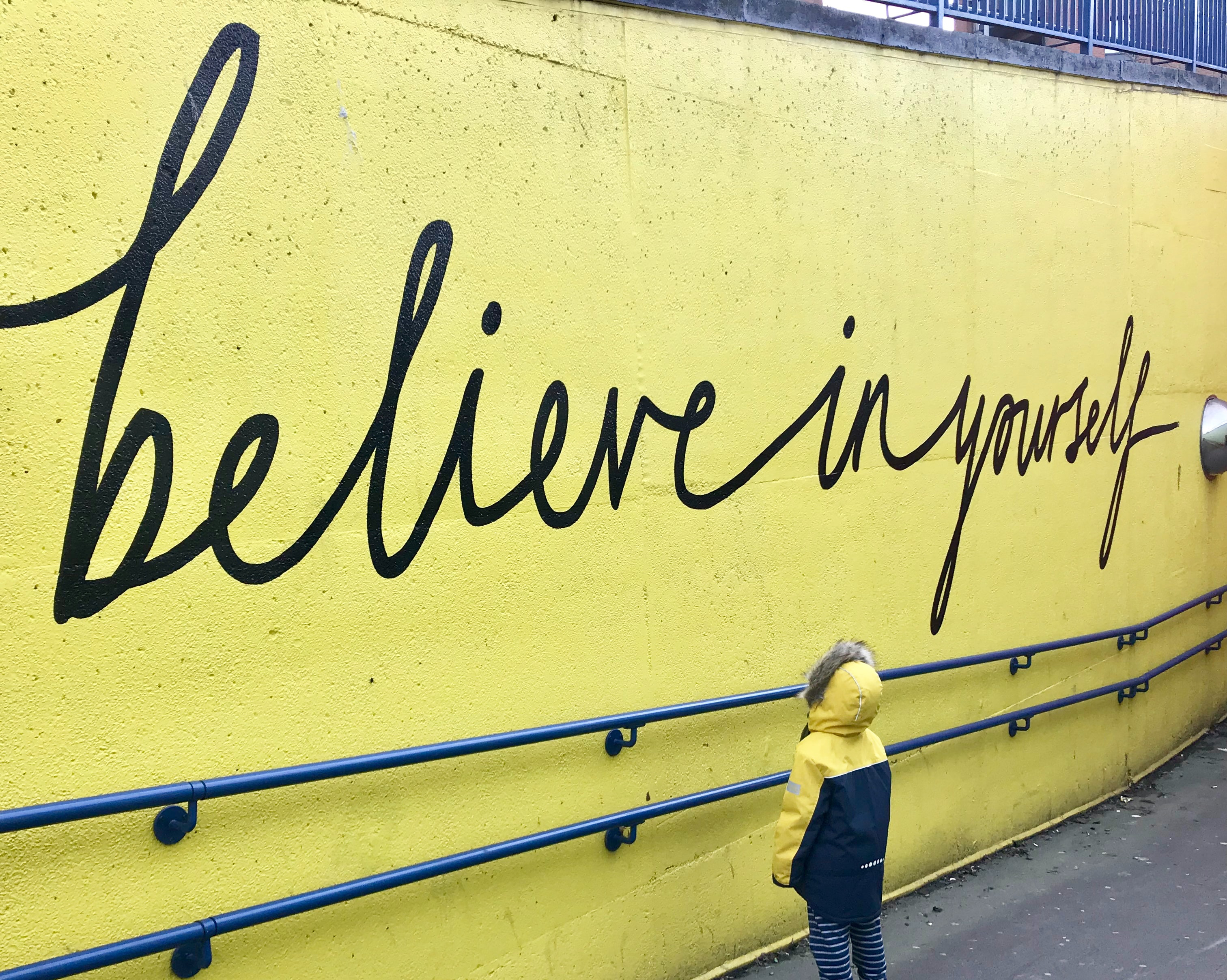
Coaching
Not interested in any of our group coaching? Need more individualized help? We take on a limited number of private coaching clients with packages starting at $1800 for 3 months of weekly coaching sessions.
At this time we do not offer one-off sessions, as we like to take a holistic approach and we know that change takes time.
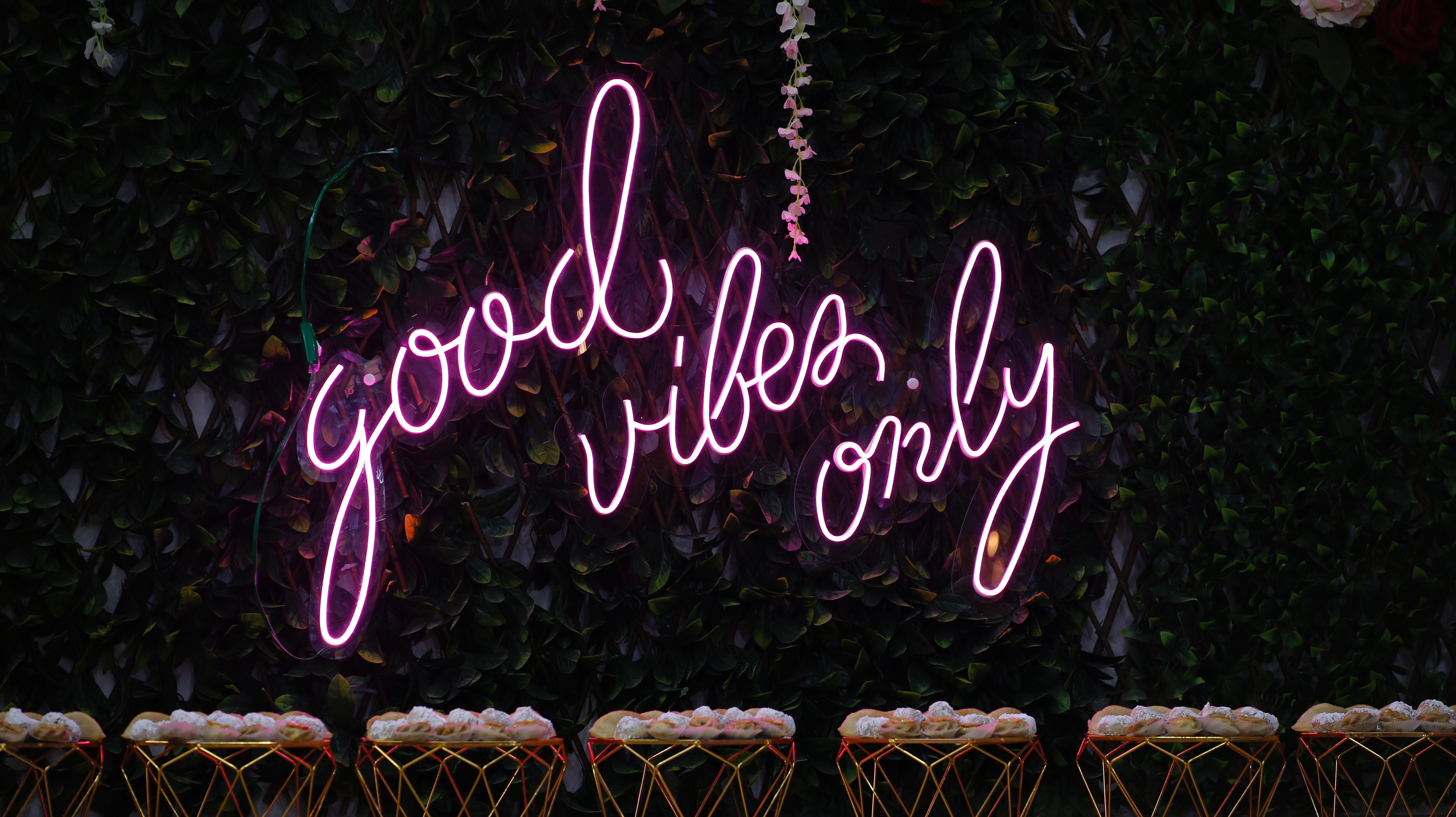
Community
Want accountability in proactive dating? Seeking advice? Looking for the latest trends in the dating world? Or just want to vent?
We are building a community of love-seekers to commiserate, cheerlead, and help each other through the best and worst aspects of dating. Click below to sign up to receive the community launch announcement!
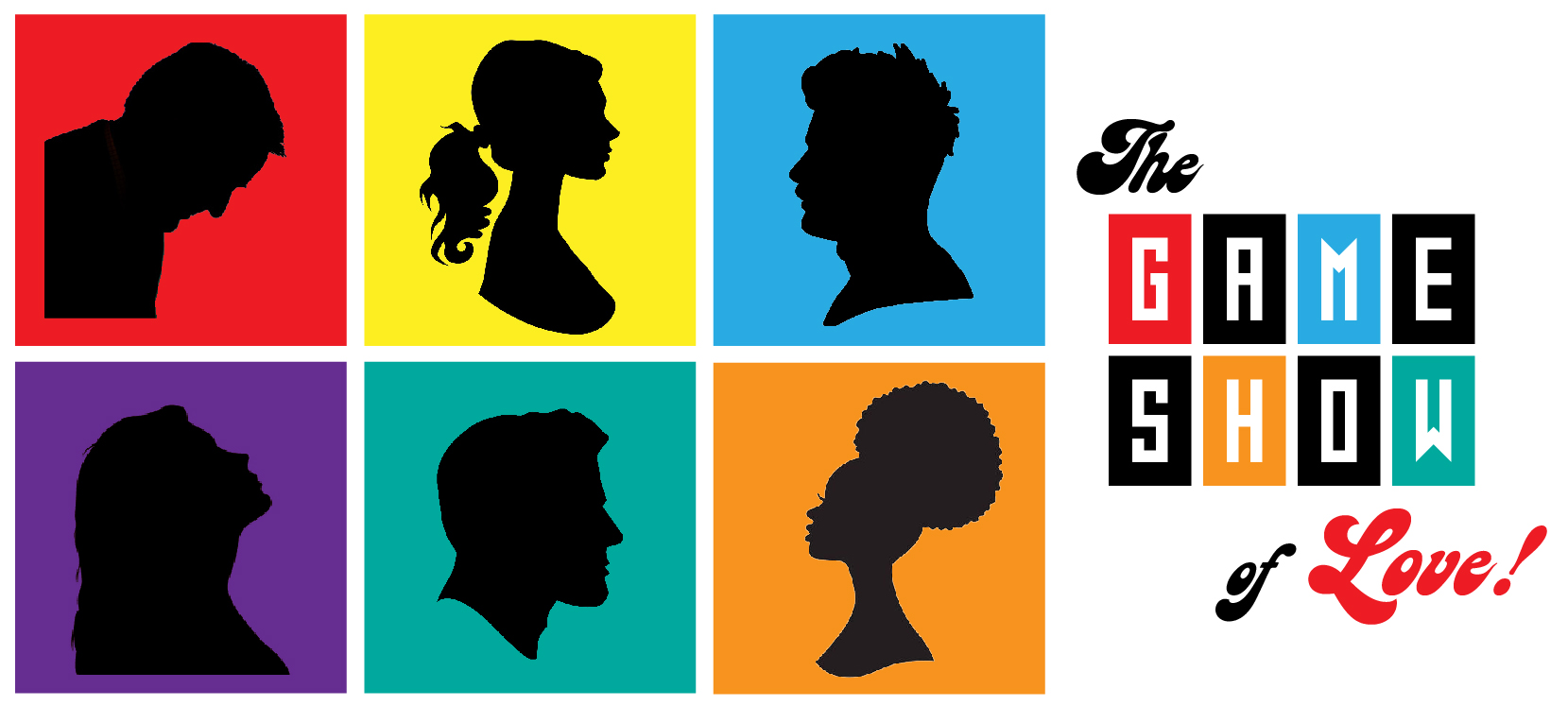
Looking for a (f)unconventional way to meet other singles?
Apply to be a contestant on The Game Show of Love! Each episode, 6 singles play games and answer questions to get to know each other. At the end, if two people pick each other, they're a match! It's also a fun way to put yourself out there to a larger community, as audience members can ask out contestants too!
As seen in...





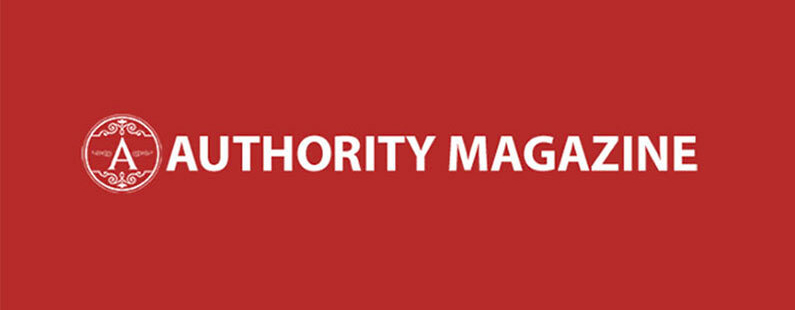

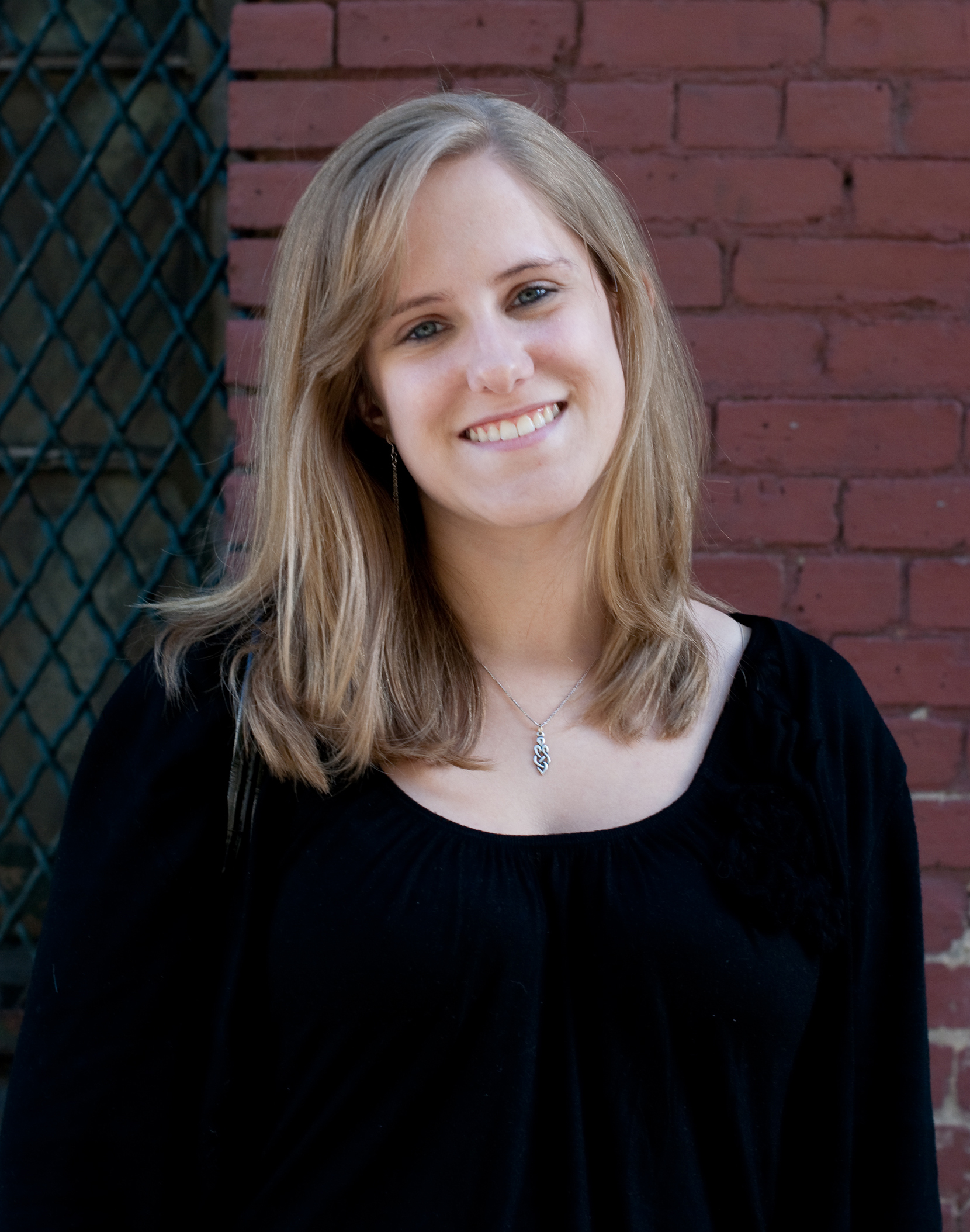
Meet your instructor
Emma Mankey Hidem is the creator and host of The Game Show of Love, an interactive dating game show, which she started in April 2020 as a pivot for her media production business, Sunnyside Productions, during covid-19.
The Game Show of Love created connection for people during an unprecedently lonely time and a community built up around the show. In her unexpected role of dating-show-community-manager, Emma hosted expert talks, lead discussions, and even ran a relationship book club.
As Emma dove further and further into the dating industry, she realized how much terrible advice was out there and she decided she needed to step up.
In her new capacity as a dating expert, she has been featured in Newsweek multiple times and on the nationally-syndicated tv show The List, to name a few.
Read Our Latest Blogs
Check out our blog or social media for dating & relationship advice!

How to Handle Rejection in Dating — According to Science
Rejection hurts, and not just emotionally.
Studies show that being rejected activates the same regions of your brain involved in physical pain (the anterior cingulate cortex, if we’re getting nerdy about it). That’s why heartbreak literally hurts — your body and brain experience social rejection as a kind of injury.
But here’s the hopeful part: once you understand what’s happening biologically and emotionally, you can move through rejection with compassion instead of self-blame.
1. Acknowledge the Pain — Don’t Minimize It
Research from social neuroscientist Naomi Eisenberger found that emotional rejection triggers a “social pain” response — a mechanism that evolved to keep humans connected.
So, the ache you feel after a breakup or a “thanks, but no thanks” text isn’t weakness. It’s your brain reminding you that connection matters.
Instead of brushing it off, try this:
🧠 Name what you feel. (“I’m hurt.” “I’m disappointed.” “I feel unseen.”)
💛 Validate it. (“Of course I feel this way. I cared.”)
Science shows that simply labeling your emotions reduces amygdala activation (the fear and stress center) and helps the prefrontal cortex — your calm, logical brain — step in.
2. Separate Rejection from Self-Worth
Our brains crave belonging, so when someone doesn’t choose us, it can feel like proof we’re not enough. But rejection is data, not identity.
In psychology, this distortion is known as the fundamental attribution error: the tendency to assume negative events are personal.
Instead of “I’m unlovable,” try reframing it as, “This person wasn’t my match.”
Compatibility is situational, not universal.
3. Regulate Your Nervous System First
Before analyzing what happened or what it “means,” calm your body.
Deep breathing, a walk outside, or talking to a safe friend all help deactivate your sympathetic nervous system (your stress response) and activate the parasympathetic system (your body’s “rest and repair” mode).
You can’t think clearly in fight-or-flight. Regulation first, reflection later.
4. Reflect Without Ruminating
Once the sting starts to fade, gentle reflection turns pain into growth. Ask yourself:
What did I learn about what I want and need?
Did I show up as my authentic self?
What boundaries or standards need adjusting?
Reflection activates your brain’s default mode network, helping you create meaning from experiences. Just avoid slipping into “if only I’d…” thinking. The goal isn’t to rewrite history, it’s to integrate the lesson.
5. Reopen — When You’re Ready
After rejection, it’s tempting to shut down. To say, “Never again.”
But love requires courage — and courage means being open to risk.
As Brené Brown reminds us, vulnerability isn’t weakness; it’s the birthplace of connection.
Rejection doesn’t mean you failed. It means you tried.
So, when you’re ready, try again — this time, with a deeper understanding of yourself and what you’re truly looking for.
Need some help on your dating journey?
Rejection isn’t a reflection of your worth, it’s part of the process of finding what fits. And if you’re tired of doing that alone, I can help.
I offer private dating coaching designed to help you navigate modern dating with more confidence, clarity, and self-awareness so you can create real, lasting connection and have fun (instead of frustration) doing it!




